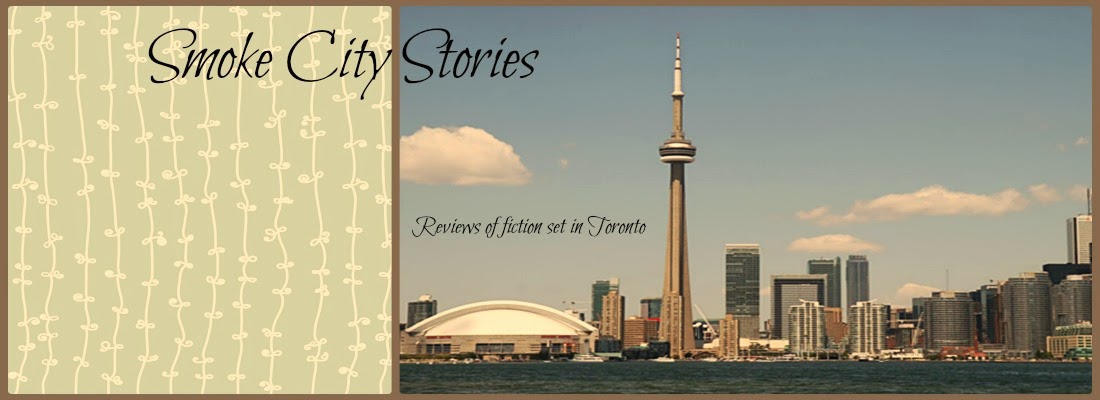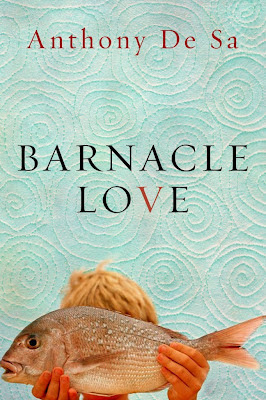This is one of the books I was most excited to read for this project, as it is set in Portugal Village, which is where I live. I was disappointed, then, when the majority of the book didn't take place in Toronto at all - but still it gave it a certain heightened realism to finish reading it as I rode the streetcar home through streets of excited, flag-clad Portugese folks watched the Euro Cup.
The story mentions a few Toronto landmarks - St. Michael's Hospital figures prominently - but mostly it is a Toronto story; it is set within the spirit of the city. The more Toronto literature I read, the more I find immigrant stories pervade the genre, and why not? This is a city of immigrants in a country of immigrants. So much of Toronto's struggle for a distinct identity is wrapped up in that delicate and uneasy tension of multiculturalism.
The story follows three characters: first Manuel, a young Portugese man who longs to escape his stifling small town, his overbearing mother, and a very painful and tortured history with the Church. He takes a job on a fishing boat and finds a new home in Canada, first washing ashore in Newfoundland and eventually travelling across the whole country as a railroad worker, before settling in Toronto. Secondly, there is a brief interlude where we hear the story of Georgina, Manuel's wife, who married him despite the (literally) violent objections of his mother, who thought she could keep her favourite son in Portugal by having him marry a girl she chose. And then the latter part of the novel follows Antonio, Manuel's son, who grows up a delicate soul in Toronto, torn between the love and the resentment he feels for his father.
For a short book, there are a lot of heavy themes: sexual abuse, alcoholism, racism, domestic violence, and the constant intergenerational struggle between parents and children that is only exacerbated by the perceived need to adhere to cultural traditions in a new world. However, it is gentle and light at times, and the story is kept afloat by the determination and persistence of the characters surrounding Manuel - his strong and uncompromising wife and daughter, and his sensitive and intelligent son. The characters are compelling although they did sometimes delve into stereotypes (particularly Manuel's mother), but I imagine this is a function of the author attempting to create composites of people and types of people he has probably encountered in his own life in the Portugese community.
This is a story of real life and dreams and how they so often get in each other's way. I enjoyed reading it a great deal, and it's beautifully and evocatively written; the story from which the title is derived left me with mental images I will not forget. It reads very quickly. I highly recommend it as a summer read - light and hopeful but with some substance, and a vague, bittersweet ending.
Four CN Towers out of five.


